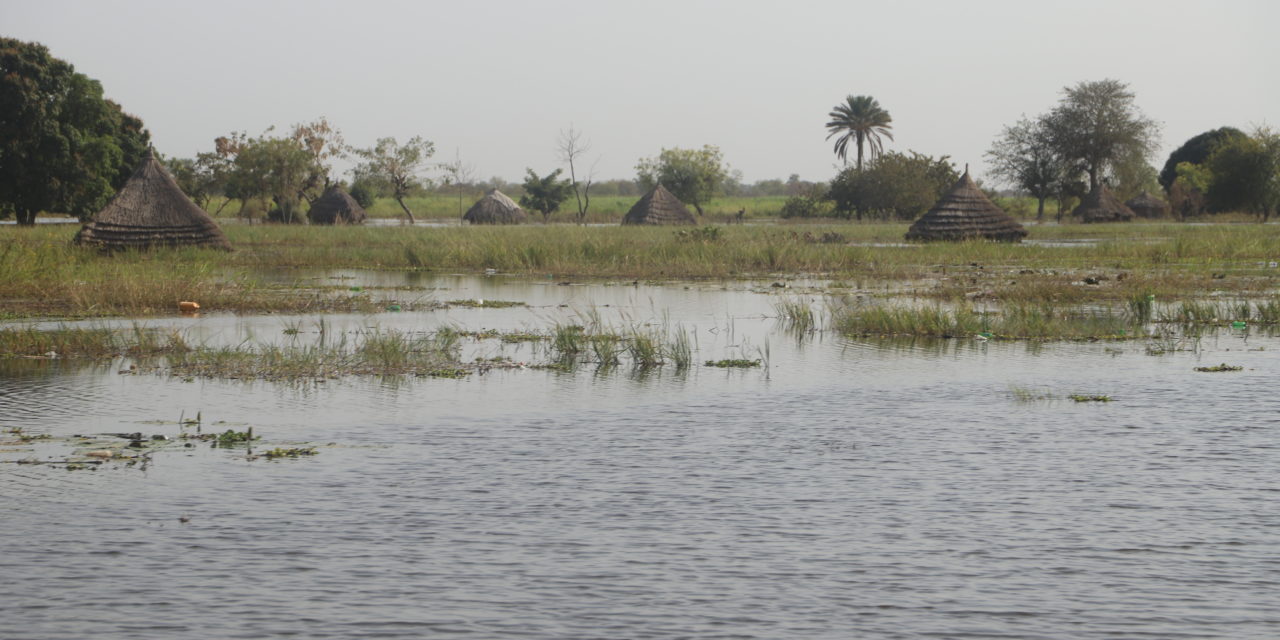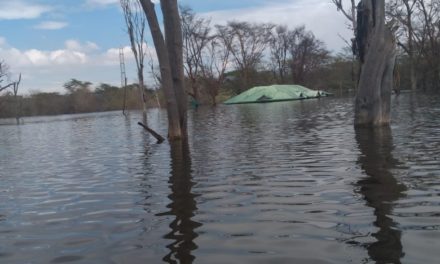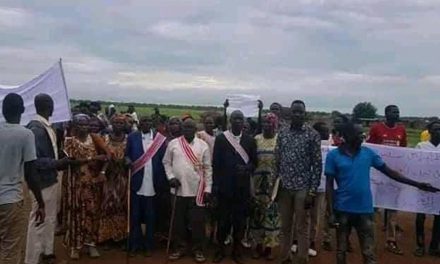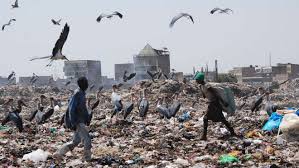
The impact of Climate Change is ‘catastrophic’ in South Sudan, IOM

The United Nations International Organization for Migration (IOM) is expressing concern about the impact of conflict and climate change on human mobility in South Sudan.
The IOM’s Deputy Director-General calls the impact of climate change in South Sudan “catastrophic.” Amy Pope spoke last Friday at the end of a week-long visit to South Sudan to see the impact of climate change on people affected by last year’s floods across the country.
In the latest report by the UN Office for the Coordination of Humanitarian Affairs, on South Sudan’s humanitarian needs, about 835,000 people were affected by severe flooding between May and December 2021.
UNOCHA says the above-normal rainfall for the third consecutive year in 2021 led to prolonged flooding, which impacted areas that had not flooded in previous years. It says 80 percent of those affected were from Jonglei, Unity, and Upper Nile states.
After visiting Unity State, Pope said the IDP camp in Bentiu is surrounded by water and thousands of people are struggling to survive. Pope says there are more than 110,000 people displaced by conflict and another 20,000 displaced by last year’s floods in the country.
“Here in South Sudan is where we’re seeing the impact of climate change on human mobility and when you couple that with the country that has gone through violence, that’s still seeing violence, where people are in a very peculiar situation, the results can be catastrophic,” Pope told journalists in Juba.
Pope IDPs in Bentiu are struggling to survive after losing their property and livelihoods.
“The IDP Camp in Bentiu town is surrounded by water and we see that actually because people are struggling to survive. The situation is completely compounded.”
“They’ve lost their livestock, they’ve lost their livelihoods, and they are at the risk of disease, for example, malaria, so it’s an incredibly acute situation,” Pope added.
28-year-old Angela Chagor, a mother of four, who was displaced by floods last year and now lives at an IDP camp in Bentiu town says she and her children fled their home during flooding, leaving behind everything they owned.
“I left all my properties behind, all of them nothing at all, including sleep items, the blankets, torch, and sleeping mat and everything because I’m carrying children without a father, all the properties remained at home,” Chagor said.
Lutana Musa Lasu, Director-General for Climate Change and Metrology at South Sudan’s environment and forestry ministry, says the government is unable to help the displaced but is working on a plan.
“We don’t have any immediate response to flooding but the ministry prepared a national adaptation action for action. This one deals with agriculture, afforestation, early warning systems, and policies for climate change” Lasu noted the ministry is also working on ways to mitigate the devastating impacts of climate change such as planting trees.
“We are working hard actually on mitigation for example we have the 100 billion tree planting project. we want to roll this project in all the ten states and the three administrative areas.”
Lasu says planting trees will help reduce the impact of global warming.
On Monday, a major scientific report released by the Intergovernmental Panel on Climate Change – a body convened by the United Nations – warned drought, heat, hunger, and disaster will force millions of people from their homes including those in sub-Saharan Africa unless the world moves quickly to reduce greenhouse gas emissions.






















Recent Comments